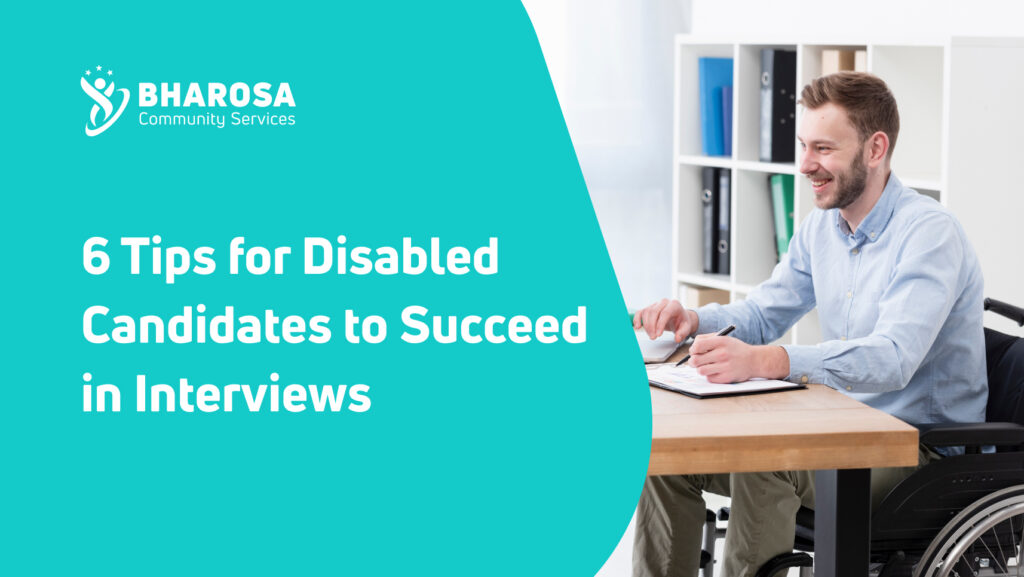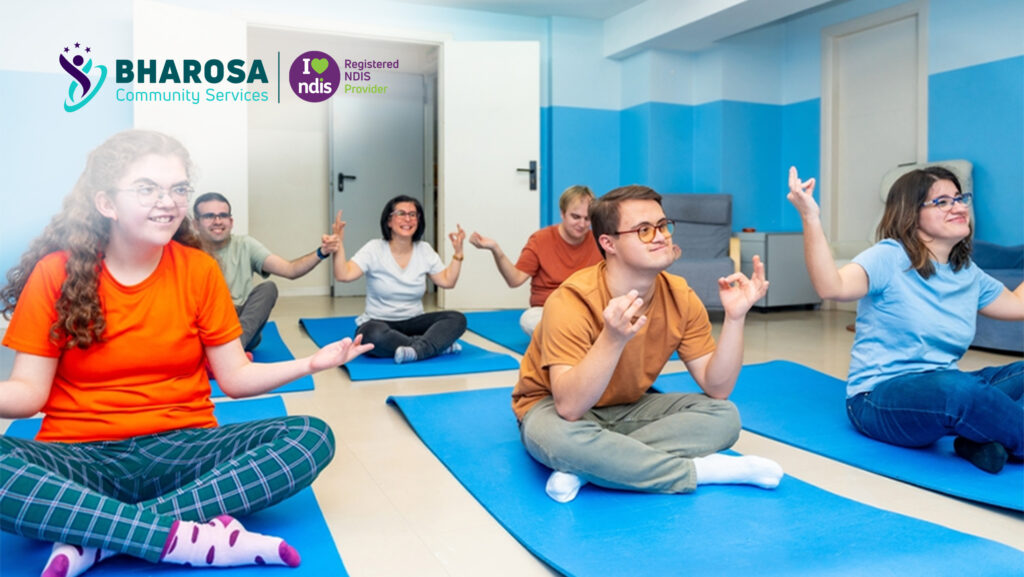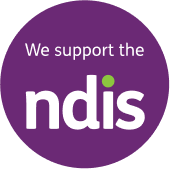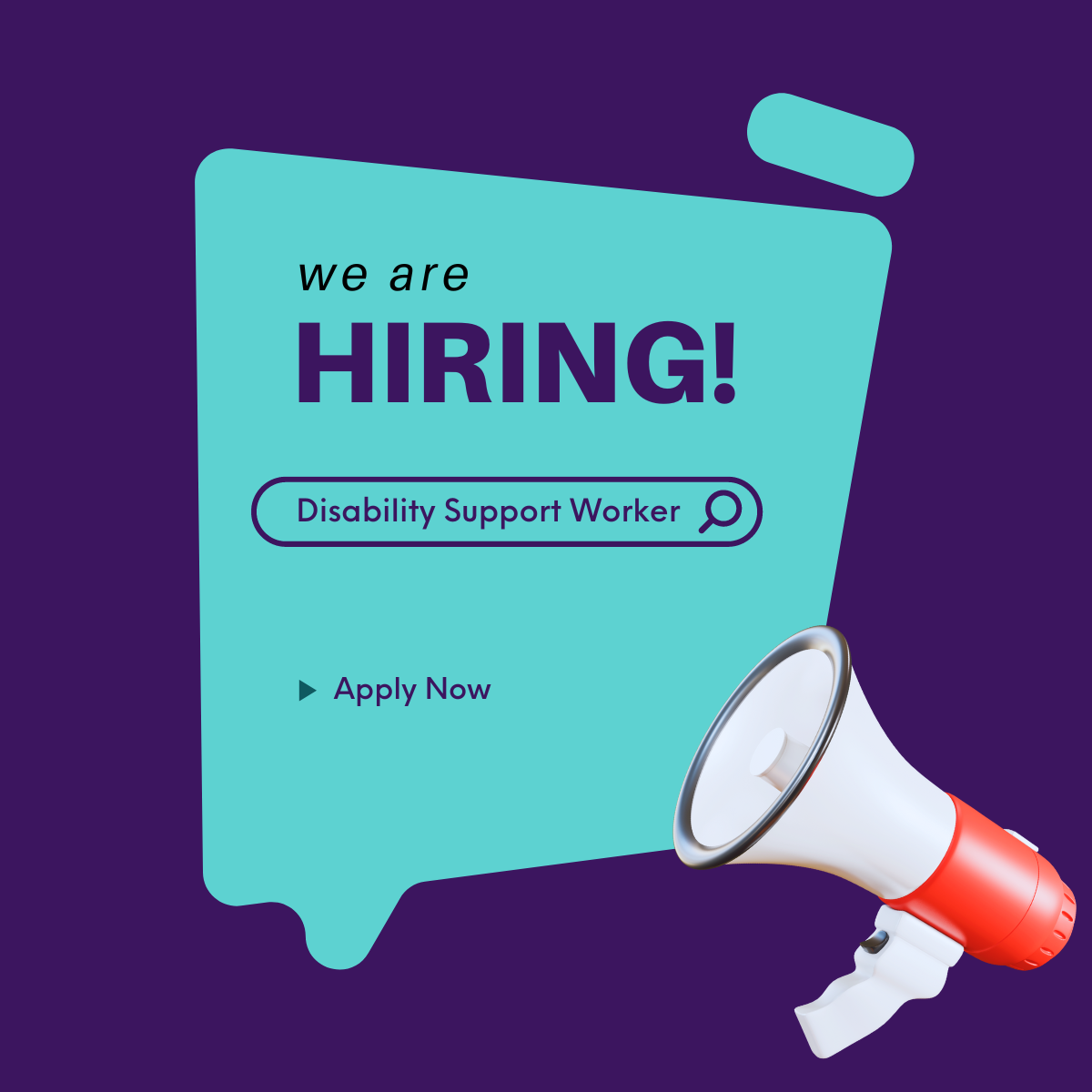Being interviewed while having a disability is not an easy task. When interacting or communicating with the interviewer, maintaining balance is critical. The interviewer’s actual questions should be your main focus. Your chances of joining the corporate world will increase as you become more direct. We have covered a few key topics in this article that are essential for disabled candidates to succeed in interviews.
Be prepared for any situation
It’s always good to have some sort of idea of what questions may be asked. However, don’t go overboard here. Try not to make any predictions about how the interview will work out. You should try to prepare answers for as many different situations as possible. Being prepared for any situation will give you confidence and put you at ease. If something unexpected happens, you’ll be able to react appropriately.
Don’t overanalyze questions
Avoid trying to figure out what the interviewer is asking before they ask it. When you’re anxious, you may find yourself spending extra time thinking about questions rather than really answering them. Instead, just focus on responding honestly and directly and answering the question without overthinking it.
Know who you are talking to
You can’t expect the same level of respect from someone who works in HR as you might get from your boss. Therefore, be sure to take the time to do research about your interviewer ahead of time. Get to know their backgrounds, interests, and personalities. You want to be confident talking to anyone, but if you don’t know anything about your interviewer, you won’t feel comfortable speaking in front of them.
Prepare some examples.
Answering questions with nothing to back them up is no fun. However, having solid examples to use in place of your own experience can help you speak confidently and show that you’re knowledgeable. Showing that you understand the topic well enough to provide a specific example is much less intimidating than simply giving general comments. Use examples from industry books, websites, or even personal experiences.
Use body language
Your physical appearance matters. Whether you smile or frown, lean forward or backward, cross your arms or legs, etc., these small details communicate volumes. A relaxed demeanour communicates openness and friendliness. Pay attention to the interviewer’s body language. Are they leaning away? Lean closer. Is their hand wandering? Take control and refocus their attention on you. These subtle gestures are worth taking note of.
Practice your responses
Finally, practise your answers until you absolutely believe that you can deliver each line perfectly. Asking someone to read the entire paragraph aloud to you is a great way to hear your accent and pronunciation. Listen to yourself talk while reading along, then repeat what you hear. Even a few mistakes can throw off your flow and cause you to stumble. Do your best to correct the mistake, then try again. No matter how uncomfortable you may initially feel, keep practising.
We hope you will keep these things in mind when going for interviews, build your confidence, and lead a respectable, independent life while indulging in your chosen career.
Speak with us; Bharosa is always available to help you out if you require any specific information.










